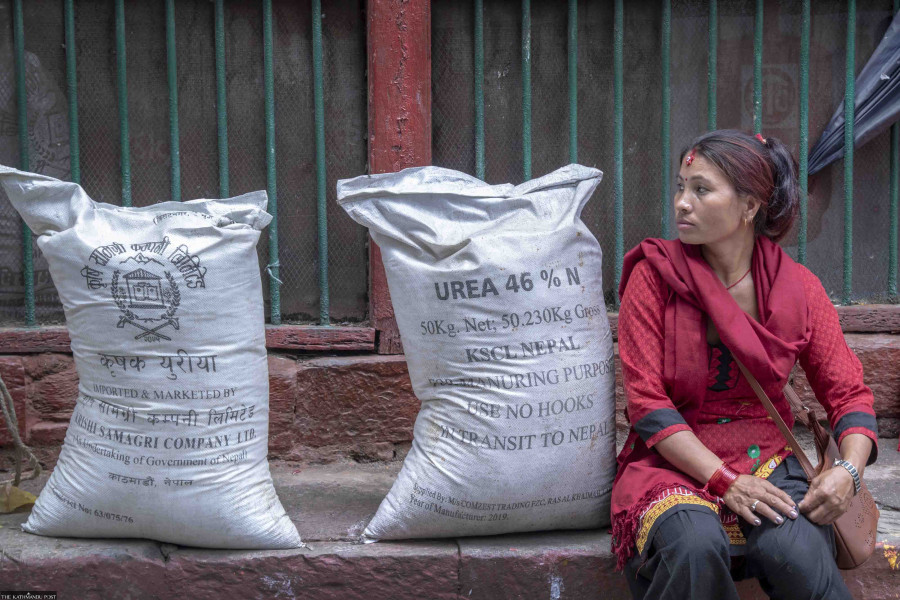Money
Government rolls back decision to increase fertiliser prices
The decision came on a day when Prime Minister Pushpa Kamal Dahal was set to face yet another vote of confidence in Parliament.
Post Report
A week after the prices of chemical fertilisers were increased, to rein in the subsidies following the stress on the treasury, the government on Monday rolled back its decision.
A federal cabinet meeting on Monday decided to continue subsidies on chemical fertilisers, the government’s spokesperson Rekha Sharma said.
The decision came on a day when Prime Minister Pushpa Kamal Dahal was set to face another vote of confidence in Parliament.
On January 10, Dahal won a vote of confidence in Parliament, and speaking after the victory, the prime minister “guaranteed” that the government, henceforth, would not disappoint farmers who have been suffering constantly due to one or the other reason.
The prime minister has vowed not to let the country suffer from a chemical fertiliser shortage on his watch.
According to Sharma, the cabinet meeting also decided to make subsidies more systematic and scientific after a detailed study.
Last Monday, the government had increased the subsidised diammonium phosphate (DAP) prices, the world's most widely-used phosphorus fertiliser, to Rs50 per kg, from Rs43.
Urea price was hiked to Rs25 per kg, from Rs14.
Similarly, according to the Ministry of Agriculture and Livestock Development, potash prices were raised to Rs40 per kg, from Rs31.
The ministry in a press statement on March 13 had said that the prices had been raised to prevent their smuggling to India where the soil fortifiers cost more.
The move was a bid to save on subsidies with the savings enabling the government to import more fertilisers in line with the growing demand.
The demand for chemical fertilisers hovers around 520,000 tonnes annually, according to the ministry.
Nepal’s chemical fertiliser subsidy bill is likely to shoot up to a record Rs38.50 billion this fiscal year as their import prices have swelled tremendously, officials said.
The government earmarked Rs31 billion for the import of chemical fertilisers until February-end, Rs15 billion through the annual budget and Rs16 billion as source assurance.
The Ministry of Agriculture and Livestock Development said that they have received resource assurance from the Finance Ministry for another Rs7.50 billion to procure adequate stocks to prevent shortages during the paddy transplantation season in June.
With that money, the government will be able to import more than 400,000 tonnes of essential plant nourishers.




 9.7°C Kathmandu
9.7°C Kathmandu














